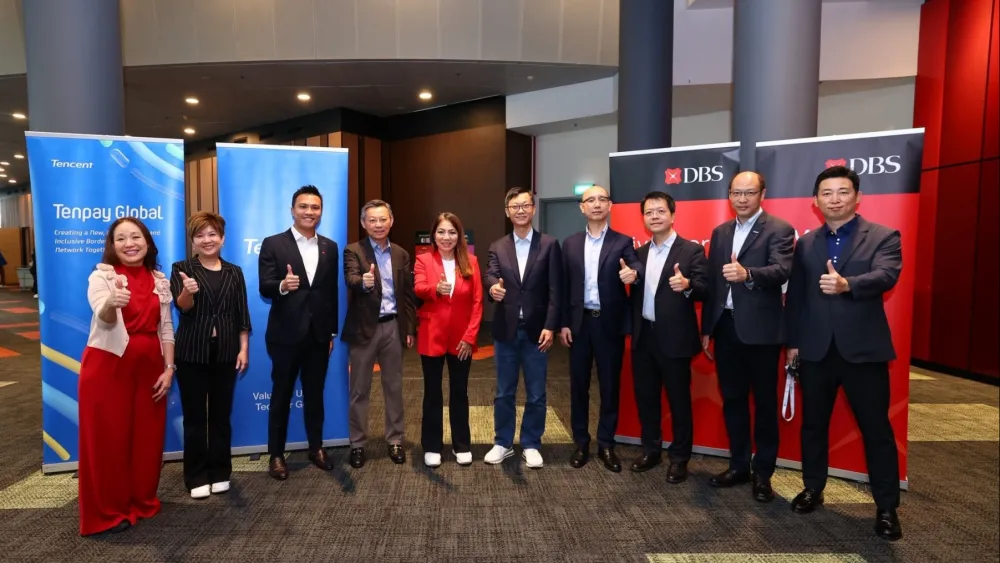Deduction of cost incurred to acquire treasury share under an employee share scheme
By Sim Wee Yang & Alan LauBack in the 2005, the Singapore Companies Act was amended to allow companies to hold its own shares in treasury.
This allowed companies to use treasury shares to fulfill their obligations under their employee stock option or share award schemes (referred to as equity-based remuneration schemes).
Soon after the amendment, Section 14P of the Income Tax Act was introduced to allow a deduction of costs incurred by companies acquiring treasury shares if these were used to fulfill obligations under equity based schemes.
It has been three years since the introduction of Section 14P. Corporate taxpayers employing equity-based remuneration schemes are still struggling to meet the strict criteria provided for by the Act.
Some of the common issues faced by taxpayers surround how treasury shares are defined, and how Section 14P(8) is interpreted.
What is a treasury share?
Prior to the latest changes, taxpayers at large generally hold the view that where a Singapore company incurs expenses on share-based remuneration provided for the benefit of its employees, such expenses should be tax deductible so long as the deduction rules laid out in the tax legislation are met.
However, the introduction of Section 15(1)(q) may have brought forth certain unintended tax consequences. It would appear that the wording of the section effectively prohibits all share-based remuneration expense incurred by a company for tax deduction, unless it is incurred in respect of a ’treasury share’.
In the context of a foreign multi-national company, or MNC, a ’treasury share’ refers to a share issued by the company which is subsequently acquired and held by it.
Strictly defined, the share of a listed company acquired by another company within the group (as opposed to being acquired by the listed company itself) would not meet this definition.
In such a case, no deduction would be allowed even if all the other conditions are fulfilled.
From a tax viewpoint, many foreign MNCs may be adversely affected by the above definition.
For example, it is not uncommon for a foreign listed group to set up a special purpose vehicle (SPV), trust or appoint a wholly owned subsidiary for the purpose of acquiring and holding treasury shares for the company.
The SPV, trust or subsidiary usually acts as grantor and administrator of the share options or share awards to employees of the listed group.
As a result, the SPV, trust or subsidiary may acquire shares from the market and directly transfer these shares to the employees based on their entitlement under a share-based remuneration scheme.
While the shares acquired in the above scenario may meet the broader definition of a ’treasury share’, it would strictly fail the definition applied by the Act as the shares are acquired by another entity.
The result - millions of dollars worth of tax deduction could be in jeopardy in some cases. We understand that the Inland Revenue Authority of Singapore is more strictly reviewing Section 14P deduction claims made by some banks and multi-national companies because of this.
What does Section 14P(8) mean?
Even if the above foreign listed group is able to cross the definition hurdle, it may still find itself facing another hurdle because of how Section 14P was drafted.
Where a foreign public listed group operates in Singapore via subsidiary, the rightful avenue for this subsidiary to get a deduction on its share-based remuneration expenses should be via Section 14P(8).
An extract of Section 14P(8) reads:
“Where a holding company transfers treasury shares held by it to any person employed at any time by a subsidiary company of the holding company under a stock option scheme or a share award scheme …”
The pre-condition suggests that only in the case where a holding company transfers shares to a subsidiary would Section 14(8) apply.
In all other cases, for example, where shares are transferred by another group subsidiary or from a foreign head office to Singapore branch, this section would strictly speaking, not apply.
Many foreign banks and MNCs in Singapore today operate through their Singapore branches, and equity-based remuneration packages are quite common among these entities. The potential fall-out for these entities arising from this narrowly defined Section 14P(8) should not be under-estimated.
It has not been clarified what the intention of introducing a new scheme would be if it excludes a large portion of its potential claimants.
Having said this, there has been some intensive lobbying on these issues by various stakeholders, especially in relation to the wordings of Section 15(1)(q) and how treasury shares are defined.
We remain hopeful that the authorities will amend the wording of the Act to make it more commercially friendly.




















 Advertise
Advertise













